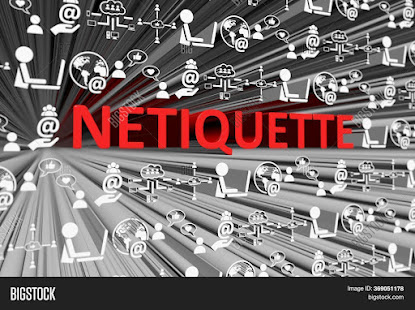Tarzan in New York: The Quirks of Online Communication (Week 7)
The term "Netiquette" in general, is used to describe the set of rules and commons we should stick to when communicating online to make it more efficient and easy for everybody. We should not be careless while chatting on the web just because of the false sense of 'anonymity' in it's nature. Although we may think we are invisible and invincible while communicating through keyboard patterns, every and all activity on the web is trackable and thus it is certainly punishable too. While there are 10 main guidelines to follow to make internet a more "polite" place, in todays' blog, we are going to talk about the 6th rule in Netiquette book by Virginia Shea - "Share Expert Knowledge"
The fact that the Internet is so widely available and popular makes it easier for people accidentally or purposefully spread false information. Although almost everyone seems to know that not all sources on the internet are reliable and share only true facts, people still believe in all sorts of nonsense or intentional fake news and share them, making it even more difficult for others to reach true information. Back in time, newspapers or radio channels had a team of individuals to search and confirm only genuine information before publishing it to their audience. However, nowadays everybody that desires can publish information about anything in the world with ease, thus making it almost impossible to overcome the term known as "fake news". Nowadays some people intentionally spread fake news and to fight with false information spreading at such speeds, everybody communicating with each other through the web should confirm the information by searching and exploring reliable sources, before posting, streaming or sharing it with their audience, friends, relatives and such. Even big names like celebrities, influencers, politicians can be victims of fake news and it is important to confirm the accuracy of information, even if it requires a bit more time than just reading it from one source.





Yorumlar
Yorum Gönder